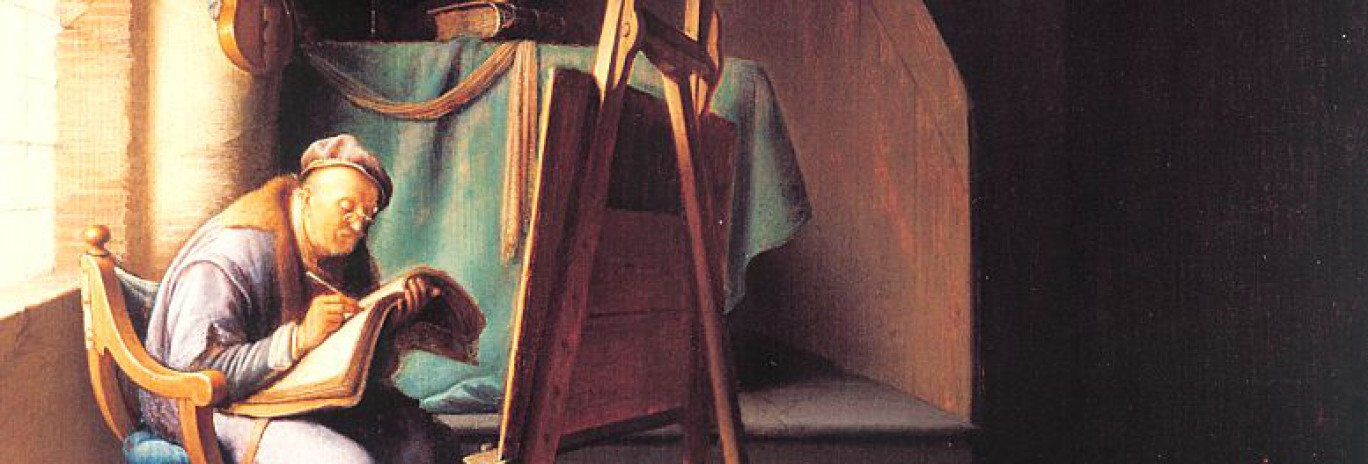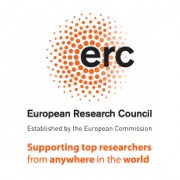Events
Lecture Steven Shapin: Making Art/Discovering Science
Steven Shapin will give a lecture in which he calls into question the making/invention distinction that is commonly made when we discuss the differences between art and science.
One common way of distinguishing between art and science is to say that art-objects are constructed while the objects of scientific inquiry are discovered. Newton’s laws of motion, for example, count as discoveries about the world that were true before Newton did anything to formulate them, that would have been true whoever discovered them. In contrast, we say that Vermeer did not discover the Girl with the Pearl Earring but brought that art-object into being by an imaginative and creative act. Turn these attributions backwards and you get tension and, sometimes, anger – from artists and scientists, critics and commentators. This talk is a prompt to think differently about art/science, making/discovery; it does not dismiss those attributions but sees their application and their objects as historically contingent and scenically unstable. It draws attention to varying purposes and places in which making/discovery are attached to the objects of art/science. The examples discussed come from 19th-century biology – its languages and its images – and attention is drawn to sectors of the contemporary art-world, in which there are now significant efforts to call into question the making/invention distinction.
Steven Shapin joined Harvard in 2004 after previous appointments as Professor of Sociology at the University of California, San Diego, and at the Science Studies Unit, Edinburgh University. His books include Leviathan and the Air-Pump: Hobbes, Boyle, and the Experimental Life (Princeton University Press, 1985, A Social History of Truth: Civility and Science in Seventeenth-Century England (University of Chicago Press, 1994), The Scientific Revolution (University of Chicago Press, 1996; now translated into 16 languages), Never Pure; and Struggling for Credibility and Authority (Baltimore: Johns Hopkins University Press, 2010). With Simon Schaffer, he was the 2005 winner of the Erasmus Prize, conferred by HRH the Prince of Orange of the Netherlands, for contributions to European culture, society, or social science. In 2014, he received the Sarton Medal, the highest honor of the History of Science Society, in recognition of a “lifetime of scholarly achievement.”
This lecture is organised by the Vossius Center in cooperation with The Scholarly Self project at Leiden University.
Reservations
The Doelenzaal has a limited number of seats, so we kindly ask you to register if you wish to attend the lecture. To register, click here.


